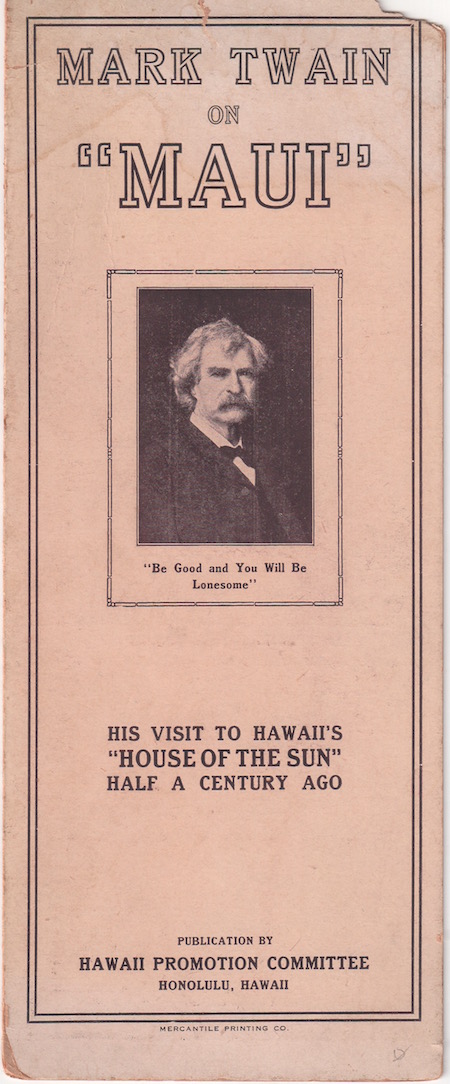
Lisa, blowing hot and cool
I live near a series of sloughs, tidal waterways where many shore and seabirds—ducks, geese, pelicans and gulls, wrens, swifts, finches and blackbirds—ply their trade. There are nice trails that wind through the shoreline’s green growth, flanked by nearby businesses and homes. At lunch time on work days I often walk the trails, alone or with Alice, a great respite from the MacBook screen.
At some points on the sloughs there are tree-shrouded pockets, often down embankments, where homeless people have made small camps. They are periodically flushed out by city workers maintaining the slough trails. I’ve never felt threatened by these people, and have often greeted them when they are up on the trails, but I’ve never felt fully comfortable seeing them in the makeshift forest “caves” they craft out of tarps and odds and ends. I’ve never offered them any help either, not wanting to get involved in the hardship of their lives.
The other day, I was walking alone on one of the trails near the “entrance” of what is lately the biggest of the encampments, and on top of a nearby covered trash can was one of the toys you see in the image above—Lisa Simpson on a little red chair, wailing on the sax. It was a bit scruffy, but it was perfectly positioned to be looking out at people who passed by on the trail. Now I have no clue whether it’s true, but I’m sure it was one of the homeless people, displaying a bit of humor for people going by.
Boo Radley Did It First
It reminded me a little of Boo Radley, in To Kill a Mockingbird, leaving trinkets and minor valuables in the knothole of a tree for Jem and Scout. That small gesture—and again, who knows if it even was one of the homeless people—made me realize once again that as a writer, I need to stop the constant tape playing in my mind and see people as individuals. Not just “that homeless guy in the bushes” but that particular guy, six feet tall, skinny, with strange shoes and a loopy grin, and maybe a mother who wonders where he is. See the person, not the projection (which, if fear is a component of the seeing, is always blurred).
There’s an interesting post on cultural appropriation and writers here on WriterUnboxed that asks if it’s OK for writers to write outside of their genders, their race, their culture. The comments, almost all measured and thoughtful, express well-considered opinions from various points of view. I wrote there about a novel of mine where one of the main characters is a black homeless guy, an ex-alcoholic, modeled after someone I saw pretty much every day on the streets outside of where I worked.
The reader is in the mind of that character a good deal, and that mind is that of a black, middle-aged guy on the street, a wounded Vietnam vet who destroyed his family relationships with alcohol and who is making his way back the hard way. That’s a mind far from my own. I won’t put my long comment on that post here, but it ends with, “I probably get it wrong fairly often, but writing in the minds of people different from yourself is one of the ways we try to understand each other.”
Small revelation, I suppose, that we’re all individuals here, making our way as best we can, but for writers (and broadly, for everyone) it’s essential to try to hear the saxophone behind the tree-line of our personal boundaries, and try to make out the tune.










